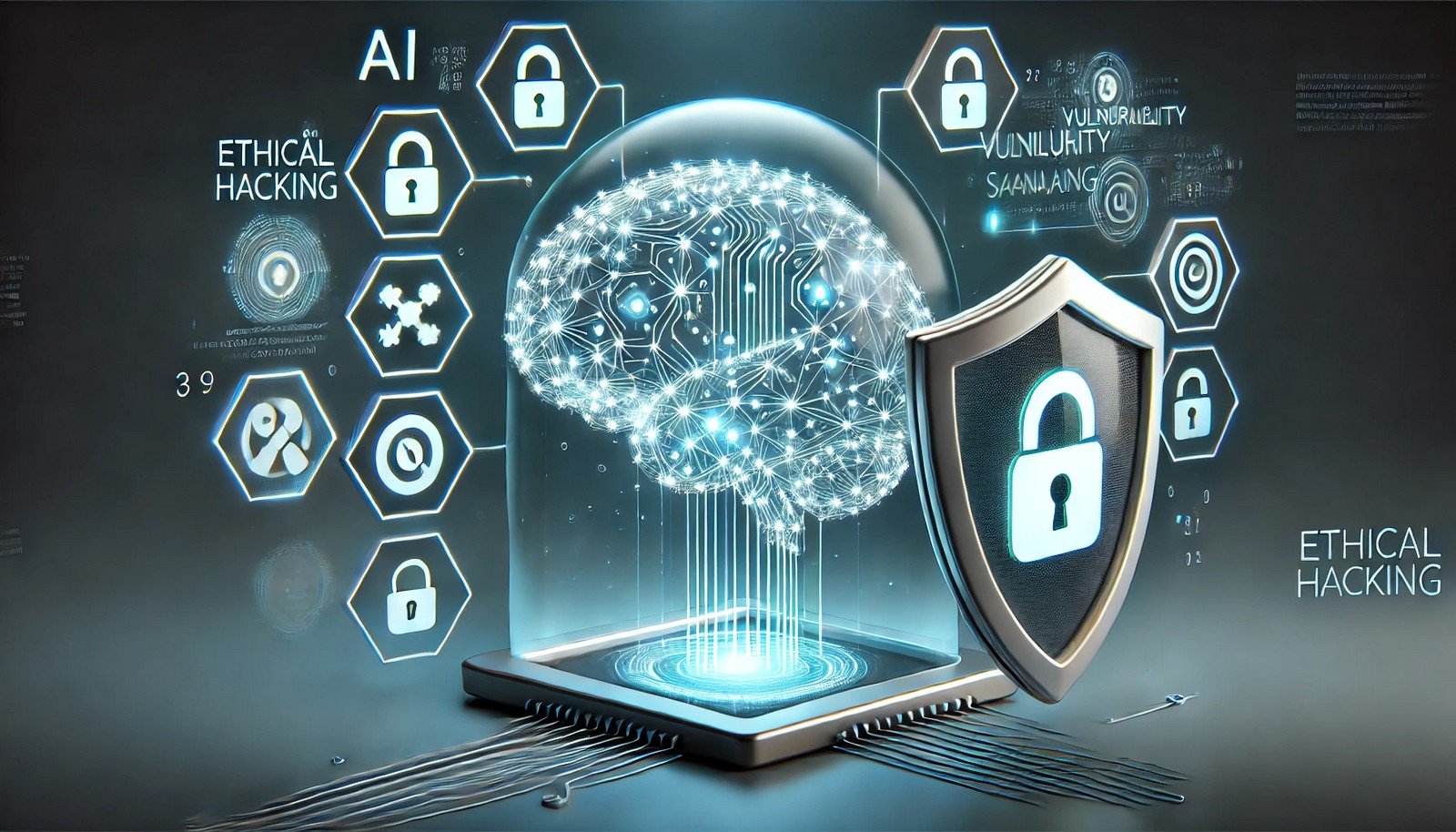Ethical Hacking in AI

Quick Navigation:
- Ethical Hacking in AI Definition
- Ethical Hacking in AI Explained Easy
- Ethical Hacking in AI Origin
- Ethical Hacking in AI Etymology
- Ethical Hacking in AI Usage Trends
- Ethical Hacking in AI Usage
- Ethical Hacking in AI Examples in Context
- Ethical Hacking in AI FAQ
- Ethical Hacking in AI Related Words
Ethical Hacking in AI Definition
Ethical Hacking in AI refers to the practice of applying hacking techniques ethically to test, identify, and secure vulnerabilities in artificial intelligence systems. This process ensures AI systems remain robust, reliable, and free from malicious exploitation. Given the vast integration of AI across industries, ethical hacking is crucial to prevent data leaks, unauthorized access, and maintain user trust. Methods in ethical hacking for AI include penetration testing, vulnerability scanning, and data integrity checks, adapted to the specific architecture of AI models like neural networks or machine learning algorithms.
Ethical Hacking in AI Explained Easy
Imagine you have a treasure chest with important things in it. You ask a friend to try to open it without telling them how, so you know if anyone else could break in. That’s what ethical hackers do to AI—they try to "break in" to find weak spots before anyone else can.
Ethical Hacking in AI Origin
The practice of ethical hacking originated in the cybersecurity sector as a preventive measure. With the rapid rise of AI, ethical hacking extended to AI systems to ensure their safety. As AI gained prominence, hackers and researchers recognized the need to protect these systems, leading to the development of ethical hacking specifically for AI.
Ethical Hacking in AI Etymology
"Ethical Hacking" combines "ethical," meaning moral or principled, with "hacking," which refers to gaining unauthorized access, often to test security vulnerabilities.
Ethical Hacking in AI Usage Trends
With the expansion of AI into industries like healthcare, finance, and automotive, ethical hacking has grown significantly. Organizations are increasingly investing in AI-specific security teams and tools. As AI models manage sensitive data and perform critical tasks, safeguarding them from exploitation is now a priority, leading to continuous development and demand for ethical hacking skills.
Ethical Hacking in AI Usage
- Formal/Technical Tagging:
- Cybersecurity in AI
- AI Penetration Testing
- Vulnerability Scanning in Machine Learning - Typical Collocations:
- "AI system vulnerabilities"
- "ethical hacking for AI"
- "securing AI models"
- "penetration testing in AI systems"
Ethical Hacking in AI Examples in Context
- Ethical hackers identified vulnerabilities in facial recognition systems to improve their security against spoofing attempts.
- In the healthcare sector, ethical hackers helped secure AI models used for diagnosing diseases, ensuring patient data privacy.
- Autonomous vehicle developers hire ethical hackers to assess and secure AI systems from remote hacking risks.
Ethical Hacking in AI FAQ
- What is Ethical Hacking in AI?
Ethical hacking in AI is the practice of using ethical hacking methods to identify and secure vulnerabilities in AI systems. - Why is ethical hacking necessary in AI?
It helps protect AI systems from cyber threats, ensuring data safety and reliability. - How does ethical hacking differ for AI compared to regular systems?
AI-specific ethical hacking involves understanding AI algorithms and data, focusing on unique vulnerabilities. - What skills are needed for ethical hacking in AI?
Skills in cybersecurity, machine learning, data handling, and penetration testing are essential. - Can ethical hacking prevent AI system exploitation?
It reduces the risk by identifying and addressing potential threats before they’re exploited. - Is ethical hacking in AI legal?
Yes, as long as it's conducted with permission from the AI system owners. - How do companies use ethical hacking in AI?
They hire ethical hackers to perform penetration tests and identify vulnerabilities in AI systems. - Does ethical hacking improve AI model reliability?
Yes, by securing weak points, it ensures AI models function safely. - Are there ethical hacking tools specifically for AI?
Yes, new tools like Adversarial Robustness Toolbox are designed for AI. - What are common challenges in ethical hacking for AI?
Challenges include limited AI-focused tools and the complexity of AI models.
Ethical Hacking in AI Related Words
- Categories/Topics:
- Cybersecurity
- AI Safety
- Data Privacy
Did you know?
In 2021, ethical hackers uncovered vulnerabilities in several AI-driven facial recognition systems, showing how easily these systems could be fooled with manipulated images. This discovery led to tighter security measures, helping developers improve the robustness of their AI models.
PicDictionary.com is an online dictionary in pictures. If you have questions or suggestions, please reach out to us on WhatsApp or Twitter.Authors | Arjun Vishnu | @ArjunAndVishnu

I am Vishnu. I like AI, Linux, Single Board Computers, and Cloud Computing. I create the web & video content, and I also write for popular websites.
My younger brother, Arjun handles image & video editing. Together, we run a YouTube Channel that's focused on reviewing gadgets and explaining technology.



Comments powered by CComment